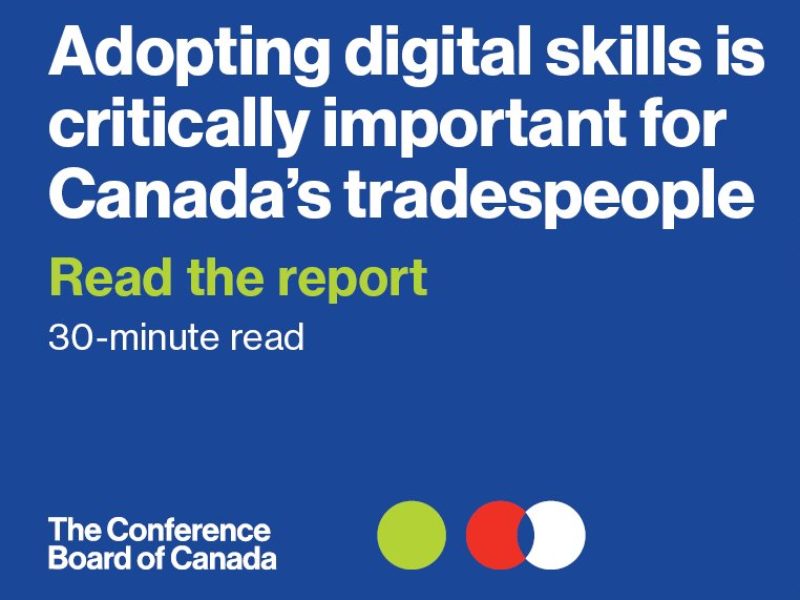
Project INSIGHTS REPORT
Mapping Racialized Experiences in the Real Estate Development Industry
Executive Summary
The real estate development industry is vital to Canada’s economy, but there is low representation of racialized professionals in the industry. This makes the sector less responsive to diverse community needs than it could be and limits its ability to address the worsening housing crisis. This project reviewed existing literature and conducted a survey and interviews with racialized professionals to inform a skills development pilot program with the goal of increasing racial representation in leadership roles in the real estate development sector. The research identified key elements for inclusion in the pilot program, including:
- Access to social capital including sponsors, peer networks and industry connections in the real estate development industry
- Access to financial capital to finance development
- Access to knowledge about the development process including forming the development concept, assessing feasibility, planning, financing, dealmaking, and construction, operations and sales
- Skills development and access to immersive learning opportunities.
Increasing representation of racialized professionals in the real estate development sector has the potential to address pressing housing issues in Canada, specifically the dire need for affordable housing, culturally sensitive community space and developing stock to support intergenerational living.
Key Insight #1
There is low representation of racialized professionals in the real estate development industry across North America, especially in executive and C-suite positions, and in adjacent sectors that support real estate development, such as brokerage, property management, and lending and professional services including planning, engineering, architecture and general contracting.
Key Insight #2
Barriers faced by racialized professionals in the real estate development industry are similar to those identified in other industries.
Key Insight #3
A successful skills’ development pilot program with the goal of increasing racial representation in leadership roles in the real estate development sector should include efforts to grow social and financial capital, grow knowledge about the development process and include immersive learning opportunities.

 The Issue
The Issue
More than 300,000 Canadians are employed in the real estate industry – a sector whose work affects the majority and is a vital part of Canada’s economy. Residential construction comprises nearly three per cent of the national GDP.
Calls to action against anti-Black racism and racial inequality have highlighted low levels of racialized people in leadership roles within real estate development, as well as other industries. The low level means this critical industry is not fully representative of Canadian society and less responsive to diverse communities’ needs than it could be.
Canada continues to grapple with a worsening affordable housing crisis, an issue that disproportionately affects racialized communities. There is a need to help more racialized professionals move into the industry, specifically as entrepreneurs leading new development projects.
There is a lack of research on the experiences of racialized professionals in the sector, including on the challenges they have encountered, the supports they’ve accessed and the importance of their representation in the industry.

 What We’re Investigating
What We’re Investigating
This research included a review of existing literature and a survey and interviews with racialized professionals to inform a skills’ development pilot program geared toward increasing racialized representation in leadership roles in the real estate development sector.
The review of existing literature, survey and interviews explored:
- What is the state of racial representation in the real estate development industry?
- Where are the market opportunities for racialized professionals in real estate development?
- What are common barriers racialized people face when attempting to build a career in real estate?
- What skills and supports do racialized professionals need to succeed in real estate?
 What We’re Learning
What We’re Learning
There is low representation of racialized professionals in the real estate development industry across North America, especially in executive and C-suite positions.
Representation of racialized professionals is also low in adjacent sectors that support real estate development, like brokerage, property management, lending and in professional services such as planning, engineering, architecture and general contracting.
Diversity, equity and inclusion initiatives within the real estate development industry are still in the early stages.
Interviews identified barriers facing racialized professionals in the real estate development industry including:
- Recruitment and hiring processes that rely on existing networks
- Being paid less than non-racialized colleagues in similar roles
- Being promoted at a slower rate than non-racialized colleagues
- Receiving harsher consequences for mistake
- Being reprimanded for raising equity issues
- Negative assumptions about racialized professionals’ capacity and potential
- White-male business culture norms and expectations
- Unrecognized and underappreciated cultural competencies and soft skills.
The project found the following elements should be included in a skills’ development pilot program to increase racialized representation in leadership roles in the real estate development sector:
- Access to social capital including sponsors, peer networks and industry connections in the real estate development industry
- Access to financial capital to finance development
- Access to knowledge about the development process including forming the concept, assessing feasibility, planning, financing and dealmaking, construction and operations, and sales
- Skills development and access to immersive learning opportunities.
 Why It Matters
Why It Matters
As a result of its lack of diversity, the real estate development industry is not as responsive to diverse community needs as it could be, specifically on the dire need for affordable housing, culturally sensitive community space and developing stock to support intergenerational living. Decision makers working to resolve Canada’s housing crisis should take action to increase representation of racialized professionals in the real estate development industry.
Decision-makers in the real estate development sector, and adjacent sectors that support it, should look to deepen their equity, diversity and inclusion strategies and practices within their own organizations, including addressing barriers in hiring and career progression.
Clearing access to career pathways in this industry for racialized professionals will serve to create a new generation of leaders who can speak to and serve the needs emerging from diverse experiences, and ensure all Canadians have housing that supports them to thrive.
 What’s Next
What’s Next
Building on this research, FSC and Monumental are partnering to pilot an incubator program for mid-career racialized professionals seeking entrance into the real estate development industry. The FutureBUILDS incubator is being delivered alongside the Infrastructure Institute at the University of Toronto’s School of Cities.
The pilot will test the extent to which a targeted skills’ training program can nurture a new cohort of real estate developers across Canada, engaging racialized entrepreneurs and innovators and connecting racialized communities with the skills needed to succeed in this growing part of the economy. The pilot cohort will focus on engaging entrepreneurs living in the Greater Toronto and Hamilton Area.
HOW TO CITE THIS REPORT
Noumi, C. (2023) Project Insights Report: Mapping Racialized Experiences in the Real Estate Development Industry. Toronto: Future Skills Centre. https://fsc-ccf.ca/projects/real-estate-development-incubator-phase-1/





